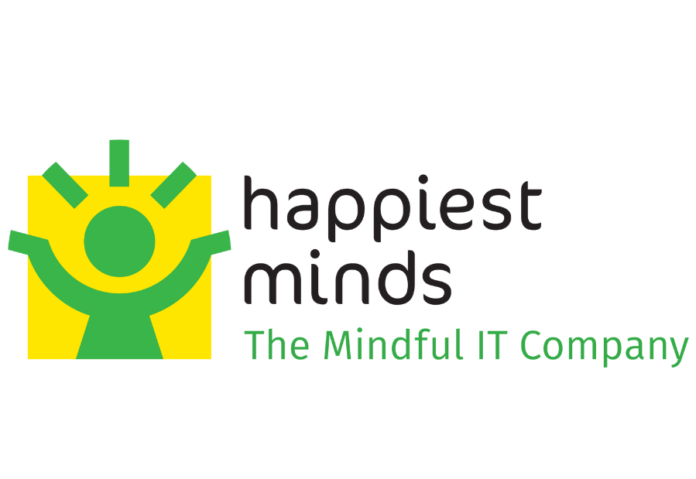
Happiest Minds has invested in Centers of Excellence to incubate new technologies that can be used to help our clients drive sustainable outcomes on their Digital Transformation journey
Happiest Minds Technologies Limited, has announced that it has been recognized as a ‘Major Contender’ for low-code application development services in the latest Everest Group’s PEAK Matrix Assessment 2023 for the Appian and the OutSystems platforms.
The assessment evaluated 31 low-code application development service providers on market impact and vision & capability dimensions. It acknowledged Happiest Minds’ ability to deliver low-code services successfully for its clients to solve business challenges and meet their future requirements. The study explored the key enterprise drivers, objectives, and pain points for low-code application development and revealed some interesting insights on the way the market is expected to evolve further and the corresponding implications for low-code application development service providers.
Rajiv Shah, Executive Board Member, CEO, Digital Business Services, Happiest Minds Technologies, said, “We’re thrilled to be recognized as a Major Contender for low-code application development services in the Everest Group’s PEAK Matrix Assessment this year. Digital transformation is many things, but it’s no longer optional. Every organization needs a competitive, digital-first strategy to grow. At Happiest Minds we have invested significantly in not only building capabilities in low-code/no-code platforms but also have helped our customers achieve tangible business outcomes by monetizing organizations’ IT investments through automating processes and workflows which can help eliminate sub-optimal processes, reduce reworks, and drive efficiency.
Ram Mohan C, Executive Board Member, CEO, Infrastructure Management & Security Services, Happiest Minds Technologies, said, “It is indeed commemorative to be recognized as a Major Contender in the Everest Group’s PEAK Matrix Assessment this year for low-code application development services. With existing modernization efforts already in place, digital demand in the enterprise will continue to surpass supply. Traditional code will eventually be replaced by low-code/no-code platforms for business purposes. It’s because of our unique strategy and ability to address the developer skills crisis, that we’ve been recognized for this position.”
Sundar Ramaswamy, SVP & Head of Digital Process Automation CoE, Happiest Minds Technologies, said, “Happiest Minds has invested in Centers of Excellence to incubate new technologies that can be used to help our clients drive sustainable outcomes on their Digital Transformation journey. In the DPA CoE, we built our Low Code Rapid Application Development capabilities to bring flexibility and agility to the design and development of applications. The capability is now helping our clients drive faster and better outcomes in App development and I thank the Everest Group to recognize this in their latest Low Code Application Development services PEAK Matrix Assessment.”
The PEAK Matrix report provides an objective, data-driven comparative assessment of service and technology providers based on two broad parameters: Vision & Capability (measures ability to deliver services successfully) and Market Impact (measures impact created in the market) across the globe. The market impact is assessed on the parameters of market adoption, portfolio mix, and value delivered. At the same time, vision and capability are assessed on the variables of strategy, delivery footprint, innovation and investments, and scope of services. The resulting matrix categorizes service providers as Leaders, Major Contenders, and Aspirants, enabling them to gauge and calibrate their offerings.
Also read: Use of Bulk FHIR in Clinical Data Acquisition
Do Follow: CIO News LinkedIn Account | CIO News Facebook | CIO News Youtube | CIO News Twitter
About us:
CIO News, a proprietary of Mercadeo, produces award-winning content and resources for IT leaders across any industry through print articles and recorded video interviews on topics in the technology sector such as Digital Transformation, Artificial Intelligence (AI), Machine Learning (ML), Cloud, Robotics, Cyber-security, Data, Analytics, SOC, SASE, among other technology topics





